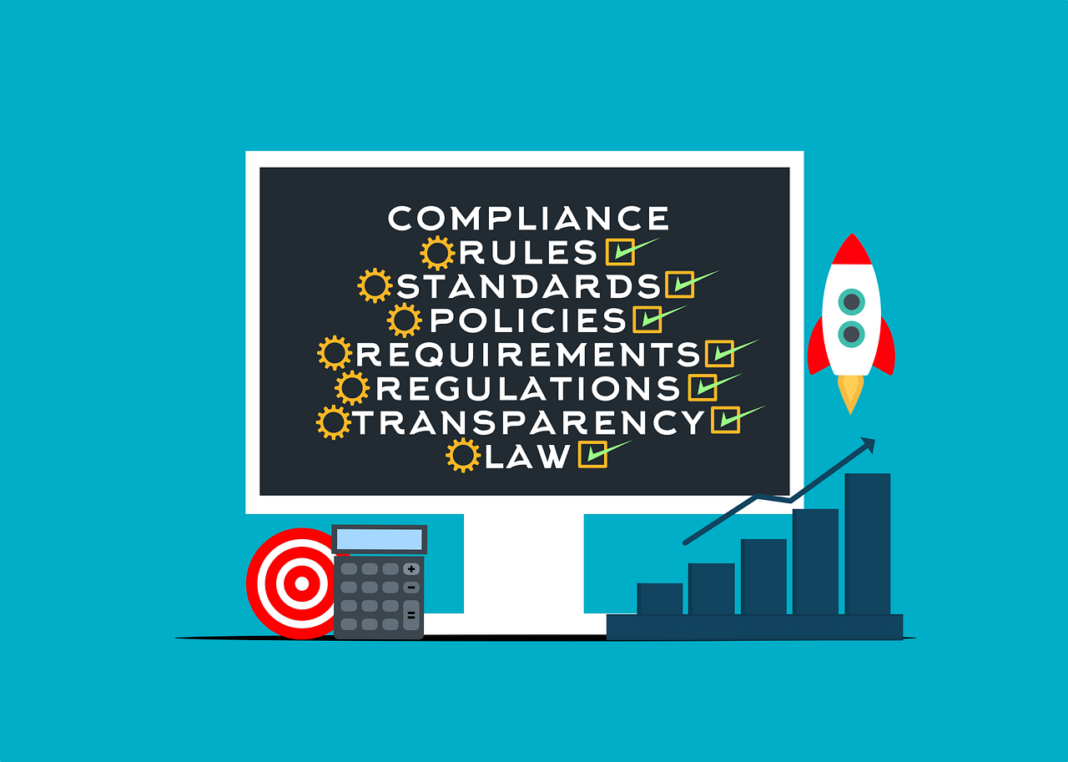If you’re gearing up to enter the healthcare sector with a fresh new startup, you’ve likely come across the term HIPAA.
It is crucial to understand the significance of HIPAA compliance in safeguarding sensitive patient information.
This article will help you understand what HIPAA is and assist you in building a startup that’s compliant and trusted.
What is HIPAA?
HIPAA is the acronym for the Health Insurance Portability and Accountability Act, a piece of legislation enacted in 1996.
The primary objective of this law is to ensure the confidentiality and security of patient’s health information. This aspect is closely monitored by the government, making adherence to its regulations crucial.
Why Startups Should Care?
If you’re venturing into healthcare technology, HIPAA is a term you’ll encounter often.
So, why is HIPAA important for your startup? Essentially, HIPAA serves two major roles: safeguarding individuals’ medical information and dictating the guidelines for how this data can be used and shared.
First off, HIPAA is responsible for securing patient data, known as Protected Health Information (PHI). In a healthcare tech startup, you have to ensure this sensitive information remains confidential. If it’s compromised, both the patients and your business could face serious repercussions.
Lastly, failing to comply with HIPAA isn’t just a legal misstep; it could also cost you hefty fines and the public’s trust. Therefore, adhering to HIPAA isn’t merely about following the rules; it’s about ensuring safety for all and maintaining your business’s integrity.
Key HIPAA Regulations Startups Need to Follow
If you’re planning to start a healthcare tech business, understanding the Health Insurance Portability and Accountability Act (HIPAA) is crucial.
Initially, HIPAA focused on healthcare providers, but technological advances have expanded its reach to include startups as well.
The Four Primary Rules
Privacy Rule
This rule is all about keeping patient info safe; essentially how to use and disclose Protected Health Information (PHI). Only use the least amount of patient data needed to get your job done.
Security Rule
This guideline stresses patient information security on digital platforms, mandating administrative, technological, and physical safeguards such as team training, data encryption, and secure data server storage.
Breach Notification Rule
This regulation mandates notification to affected parties, the Health Department, and potentially the public via media when a patient’s information is compromised due to a data breach.
Enforcement Rule
This outlines enforcement procedures for regulations, indicating that non-compliance may prompt investigations and potential fines from the authorities ensuring adherence to the stipulated norms.
The Omnibus Rule and Startups
In 2013, the Omnibus Rule was introduced, in line with the Health Information Technology for Economic and Clinical Health (HITECH) Act.
This rule holds health tech startups accountable for the same standards as covered entities. It makes startups responsible for their data practices and even extends accountability to their business associates and subcontractors.
Breaking Down the Rules for Startups
For startups, these rules boil down to a few key responsibilities:
Privacy Rule Compliance
Organizations must train their team on confidentiality protocols, clearly communicate privacy policies to individuals, and ensure agreements uphold privacy standards with all business associates.
Security Rule Adherence
Ensuring patient data security is paramount, necessitating administrative, physical, and technical safeguards like employing multi-factor authentication and regularly auditing system vulnerabilities and protections.
Breach Notification Protocol
If a breach happens, you need to alert those affected within 60 days. Delays or non-compliance could result in severe penalties.
Penalties for Violations
Falling short on HIPAA compliance comes with hefty costs. Civil penalties can range from $100 to $50,000 for each violation, capping at $1.5 million per year for the same violation.
Criminal penalties could mean up to 10 years in jail and fines up to $250,000.
Understanding the ins and outs of HIPAA is more than just a legal requirement; it’s an ethical responsibility.
Sending Medical Documents in Compliance With HIPAA
Exercising caution is key when sharing patient records. Tools like Updox eFax can help you send files securely and are HIPAA-compliant.
Avoid common mistakes like sending files to the wrong email or not encrypting them, as these can have severe consequences.
HIPAA is a big deal. It’s not just some rules on paper. It affects real people and real businesses. So, if you’re starting a healthcare company, ensure you understand and follow HIPAA.



